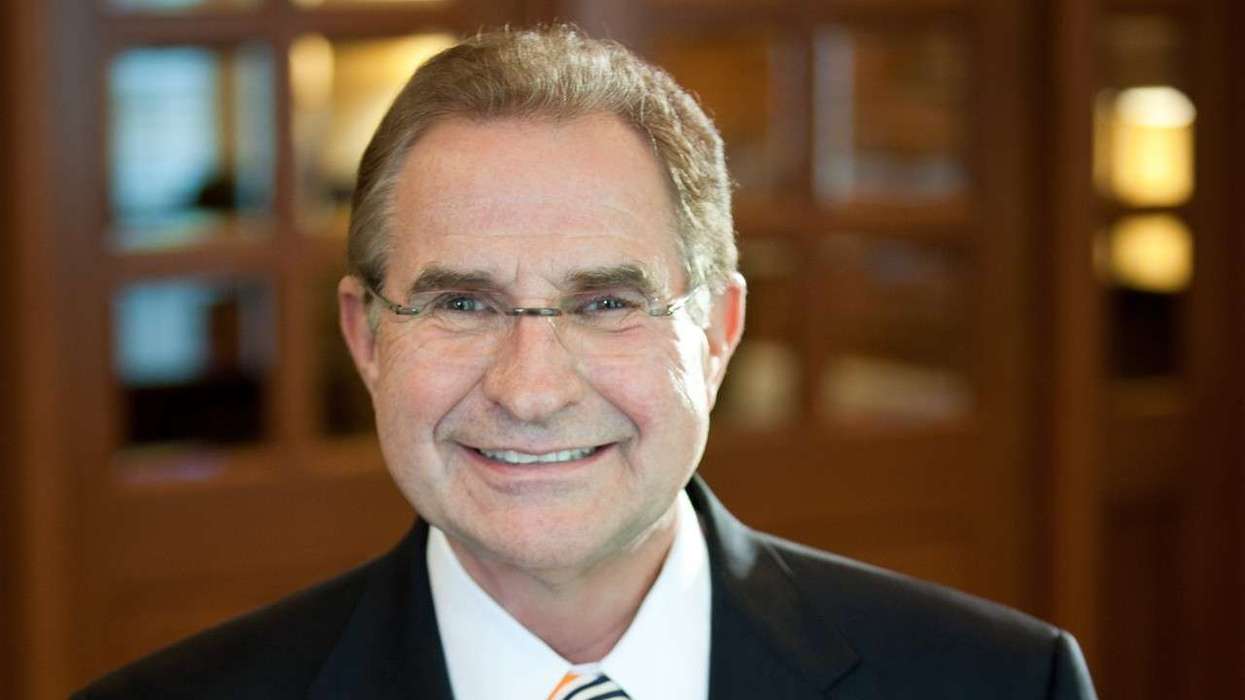THE U.S. TRAVEL ASSOCIATION recently launched the Sustainable Travel Coalition to align the travel, transportation and technology sectors to create a more sustainable U.S. travel industry, a statement said. The coalition with nearly 60 member organizations will advise USTA on sustainability issues, opportunities and concerns within the industry.
The long-term goals of the coalition include, showcasing innovative technologies and calling attention to the ongoing actions and leadership of travel professionals in the sustainability space, boosting industry goals and commitments to conservation, best practices, waste and emission reductions and both long- and short-term investments. It will also highlight why sustainability matters in the industry and play offense by identifying and promoting proactive policies and defend against harmful policies that slow progress or penalize the industry without progress.
A policy committee will monitor regular progress and collaboration.
“Seeing the world and saving the world should not be mutually exclusive. As technology advances and consumers demand more sustainable travel options, the work of this coalition will ensure that the U.S. travel industry can meet the needs of an evolving market while also protecting our planet’s natural resources," said Tori Emerson Barnes, executive vice president of Public Affairs and Policy, USTA. “This is clearly an issue that spans well beyond the travel industry itself to practically all other sectors of the U.S. economy. By bringing together stakeholders across related industries, we are aligning leaders in travel, transportation and technology on the critical issues that will affect their businesses for decades to come.”
Recently, more than 100 travel industry organizations have urged the government to accelerate investment in sustainable travel.
According to them, the near-term priorities include, a tax credit for the production and use of sustainable aviation fuel, such as those proposed in the Sustainable Skies Act, an enhanced tax credit to increase the availability of electric vehicle charging stations and an enhanced tax deduction to increase energy efficiency upgrades to commercial buildings.
Other industry demands are, federal investments to protect and restore natural attractions, including recreational waterways, shorelines, and national parks, other clean energy incentives for investment in renewable energy deployment, green hydrogen, carbon capture and storage, direct air capture and other innovative technologies to lower the carbon intensity of transportation fuels and the power grid, the statement further said.
In June, USTA applauded Biden administration's new National Travel and Tourism Strategy and termed it as a step forward in restoring the travel industry.





